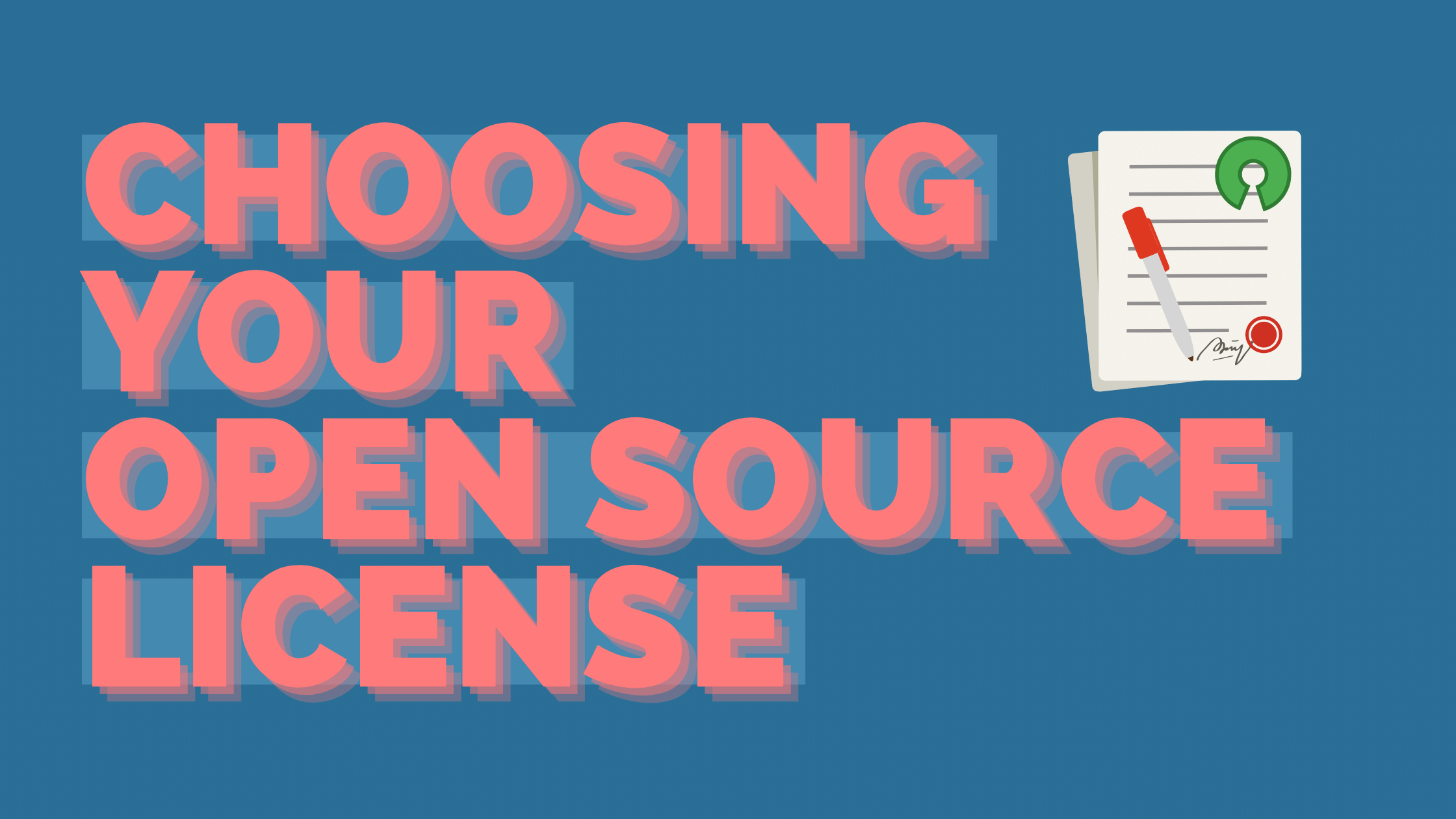Which Open Source License should you choose? (Top Open Licenses comparison)
June 15, 2022

Your choice of an Open-Source license will depend on your intended use, your legal jurisdiction and the laws applying to it, and the level of risk you prefer. The best options are the Permissive Licenses that are Apache 2.0, MIT, and BSD because of their flexibility.
Licenses are important to your progress and protection, especially in the digital world we live in today. However, there is no straightforward answer as to the specific license you need, because it depends on the requirements you have. Therefore, it is important to compare the different open-source licenses available to give you a better idea of what works for you.
Types of open-source licenses
Permissive licenses
These will only require you to keep the original copyright notices intact, even when you modify the codes and re-distribute the software. They are highly popular as well, with more than 60% of software projects using them today.
They are the best options for multiple needs, making them the most popular open-source software licenses in use today. They will work for you in these instances:
- If you want to make the source code appealing for others and simple to use
- If you want the project to have full compatibility with GPL-licensed codes
- If you are creating a project within communities that rely on specific permissive licenses
- If you want to reduce the resources or time you spend on managing complex issues relating to license compliance
These licenses are:
- Apache 2.0
- MIT
- BSD
Copyleft licenses
In contrast to permissive license types, these will need you to make sure all modifications that you make to the source code are available, depending on the specific terms of the license.
Some licenses will give you clear information on what modifications mean, such as copying open-source codes when creating your software. In these cases, you must release all the source codes, which are the newly added ones, modified, and original.
They include:
- EPL 1.0
- MPL (Mozilla Public License)
- GNU LGPL (Lesser General Public License)
- GPL (especially GPL 2 and GPL 3)
- Microsoft Public License
Types of open-source licenses
| License | Why it is used | Examples |
| Permissive license | They are popular due to their elimination of restrictions on how others can use and share your software, as well as their compatibility with other licenses. | · Apache 2.0
· MIT · BSD |
| Copyleft license | They allow you to modify and redistribute the software, as long as you preserve the original rights in any Derivative Work you put out. | · LGPL
· GPL · Mozilla Public License · Eclipse Public License · Microsoft Reciprocal License |
Conclusion
The list reveals a wide range of open-source licenses you can use for your upcoming software work, depending on your specific requirements.
FAQs
Can I operate without a license entirely?
No, you cannot. Even when you do not explicitly agree to a specific license type, there is a “default” copyright that applies to your jurisdiction and it will still apply.
Is it a good idea to use a customized license?
Yes, but it is not a good idea to do so. Licenses cannot be prioritized over territorial laws, so it becomes difficult applying them if you are dealing with people from other countries – especially if the license is a custom one.
Can I use more than one license?
Yes, you can. It is quite common among brands that build their businesses around their free work, as well as boosting compatibility when you want to showcase your work on different platforms.

